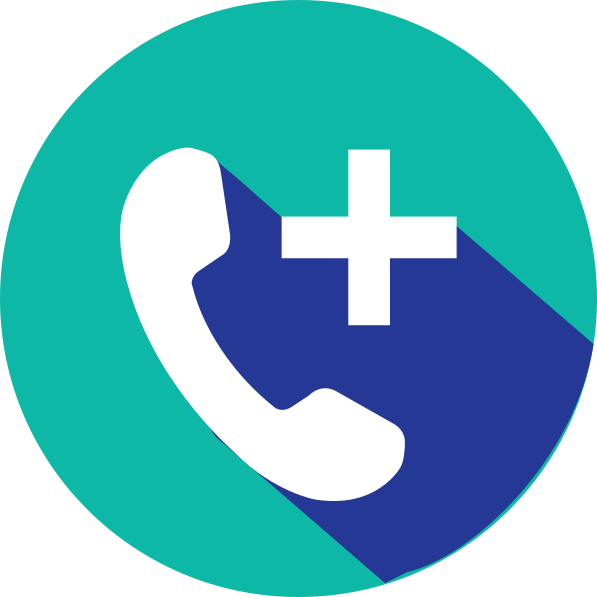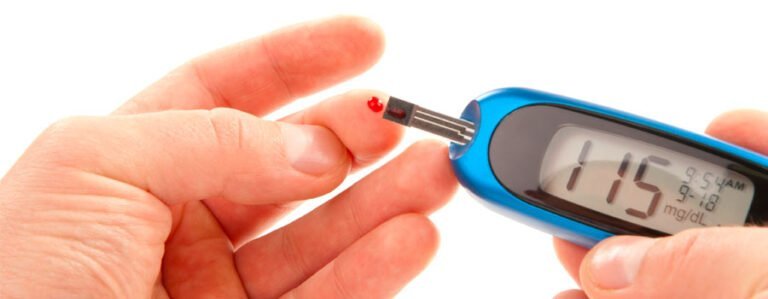Your kids’ teeth may be tiny, but they matter a lot. Teaching them good dental habits early is key to keeping those habits for life.
But it can be tricky to know the right steps. Parents often have many questions about how to take care of their kids’ teeth.
Just in case you are too nervous or embarrassed to ask, we’ve listed the top questions parents have asked our EastVan Dental dentists.
1. When should my child see the dentist for the first time?
Our family dentists often get asked when to first bring a child to the dentist. A good time is when their first tooth comes in. Starting dental visits early helps set good habits for the future.
2. What should I expect from my child’s first dental visit?
Typically, on a child’s first visit to EastVan Dental, the goal is to complete an examination and apply a fluoride varnish. We also work on getting your child to feel comfortable sitting in the dentist’s chair and with the overall process.
3. Should my child get braces?
Almost every kid seems to have dental braces nowadays. If yours doesn’t, you might wonder if they’re necessary. Good news: Braces aren’t a must for your child. However, if you’re concerned about how their teeth are coming in, it could be time to talk to a dentist.
4. Do baby teeth really matter if they’re just going to fall out eventually?
This question makes a lot of sense. What’s the point of putting a ton of effort into taking care of baby teeth when they’re just going to fall out?
However, baby teeth matter just as much as adult teeth because they pave the way for adult teeth. The way you take care of your child’s baby teeth can have a long-lasting impact on their adult teeth.
5. Should you brush your child’s teeth?
In short, yes! As explained in the previous question, baby teeth are important and taking care of them encourages good dental habits in your child’s life that will last a lifetime.
6. How should I brush my child’s teeth?
Your child needs to brush their teeth twice a day, in the morning and after dinner.
Ensure that they are brushing the inside and outside surfaces thoroughly to dislodge any bacteria.
Squirt a small amount of toothpaste onto a soft, children’s toothbrush and begin brushing in a small circular pattern.
- Children 2 years old and younger only need a small amount of toothpaste, similar to the size of a grain of rice.
- Children between the age of 2 and 4 years old only need an amount of toothpaste equal to the size of a pea.
- Children who are 5 years old and older can use the equivalent of the size of a bean
7. When is it okay to let my child start brushing on his own?
Unfortunately, there is no set age when a child will have the skills to brush teeth independently. Each child is different. However, it’s a good idea to allow your child to begin brushing their teeth as soon as they are willing.
Of course, you’ll want to stand by and watch to ensure they are doing it properly. As a good rule of measure, a child will probably need assistance brushing their teeth until they are around 6 years old or so.
8. What should I do if my child doesn’t want to brush?
As a parent, you are well aware that it’s hard to get your child to do anything he doesn’t want to. If your child avoids brushing their teeth like the plague, get creative.
- Turn it into a game: Make brushing teeth fun by turning it into a game. You could pretend the toothbrush is a superhero fighting off the bad guys, which are the germs in their mouth.
- Brush to music: Pick a favourite song that’s about two minutes long and brush for the entire tune. This makes the time pass quickly and ensures they brush for the right amount of time.
- Reward chart: Create a reward chart where they get a sticker every time they brush their teeth. After earning a certain number of stickers, they get a prize.
- Buy a fun toothbrush: Let them pick out a toothbrush with their favourite character on it or one that lights up or plays music.
- Read stories about dental health: Find books that talk about the importance of brushing teeth and make storytime about heroic teeth-savers.
- Brush together: Kids love to copy what adults do. If they see you brushing your teeth and enjoying it, they’re more likely to want to join in.
- Use a timer: Get a fun timer or use a phone app designed for brushing teeth. They can watch as the time ticks down to zero, which can be exciting for them.
- Flavoured toothpaste: Experiment with different flavours of toothpaste until you find one they really like. Some kids might prefer fruity flavours over the traditional mint.
- Educational videos: Show them short cartoons or videos that teach children why it’s important to brush their teeth in a fun and engaging way.
- Praise and positive reinforcement: Always praise them for a job well done. Positive attention will encourage them to keep up the good work.
9. Are Dental X-Rays safe for my child?
X-rays are a normal part of every dental visit, but this question a completely valid concern.
Patients receive minimal radiation from dental x-rays with protective measures like lead aprons, and only when necessary. Digital x-rays emit low radiation and are safe.
10. Should you consider sedation dentistry for your child?
Many kids and even adults get really nervous about dentist visits. They might have what’s called dental phobia or anxiety. Sedation dentistry can help calm your child down, but always talk to your family dentist before to determine if it’s a viable option.
11. How can you change your child’s diet with oral health in mind?
Eating habits have a big impact on our teeth, especially for kids. To help your child keep their teeth healthy, give them a balanced diet. Cut down on sugars and starches because they can cause cavities.
12. What should you do if your child has a toothache?
Children get bumps and bruises all the time, but that doesn’t mean you need to see a doctor. However, if your child is complaining of a toothache, you should set up an appointment with a dental clinic as soon as possible.





